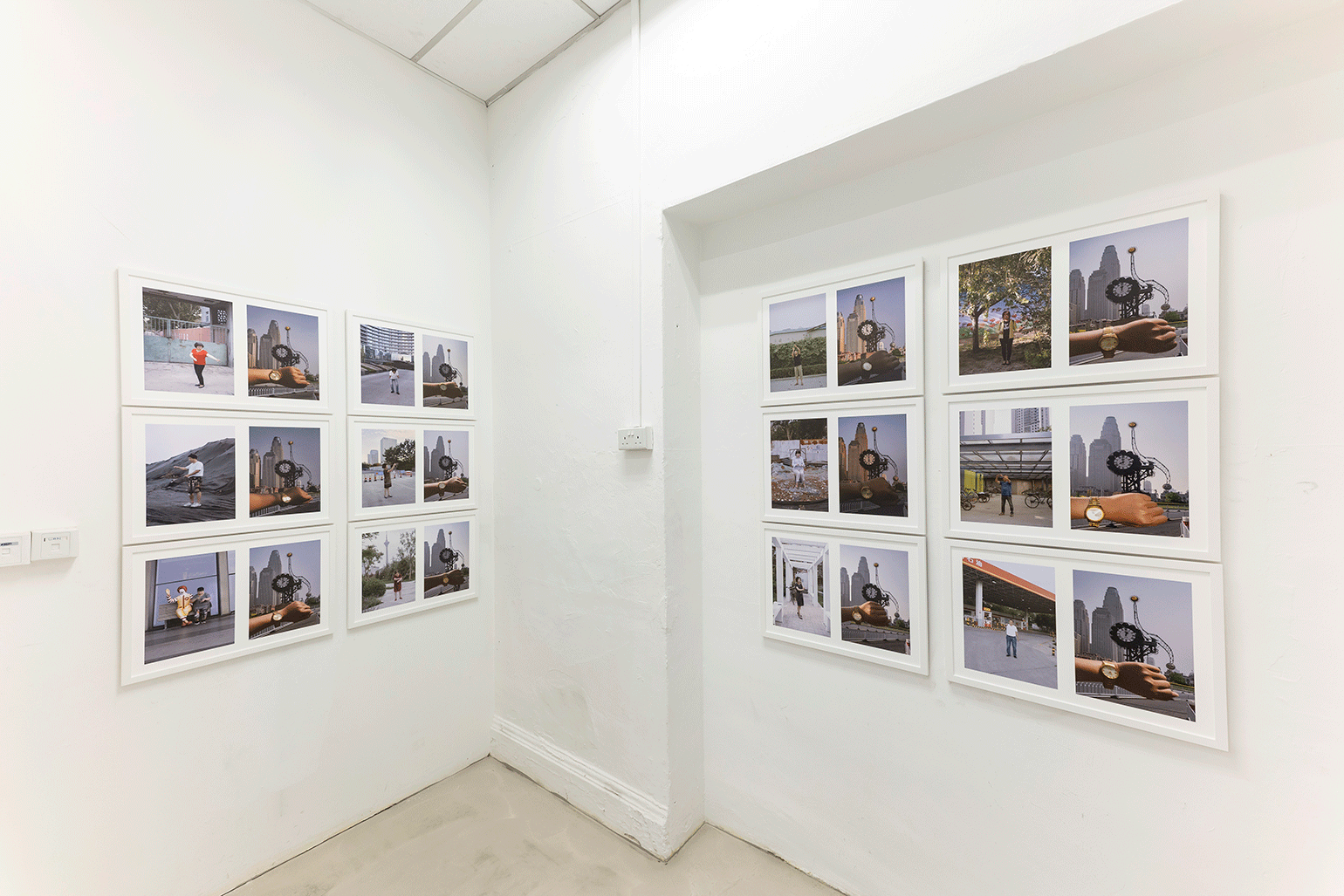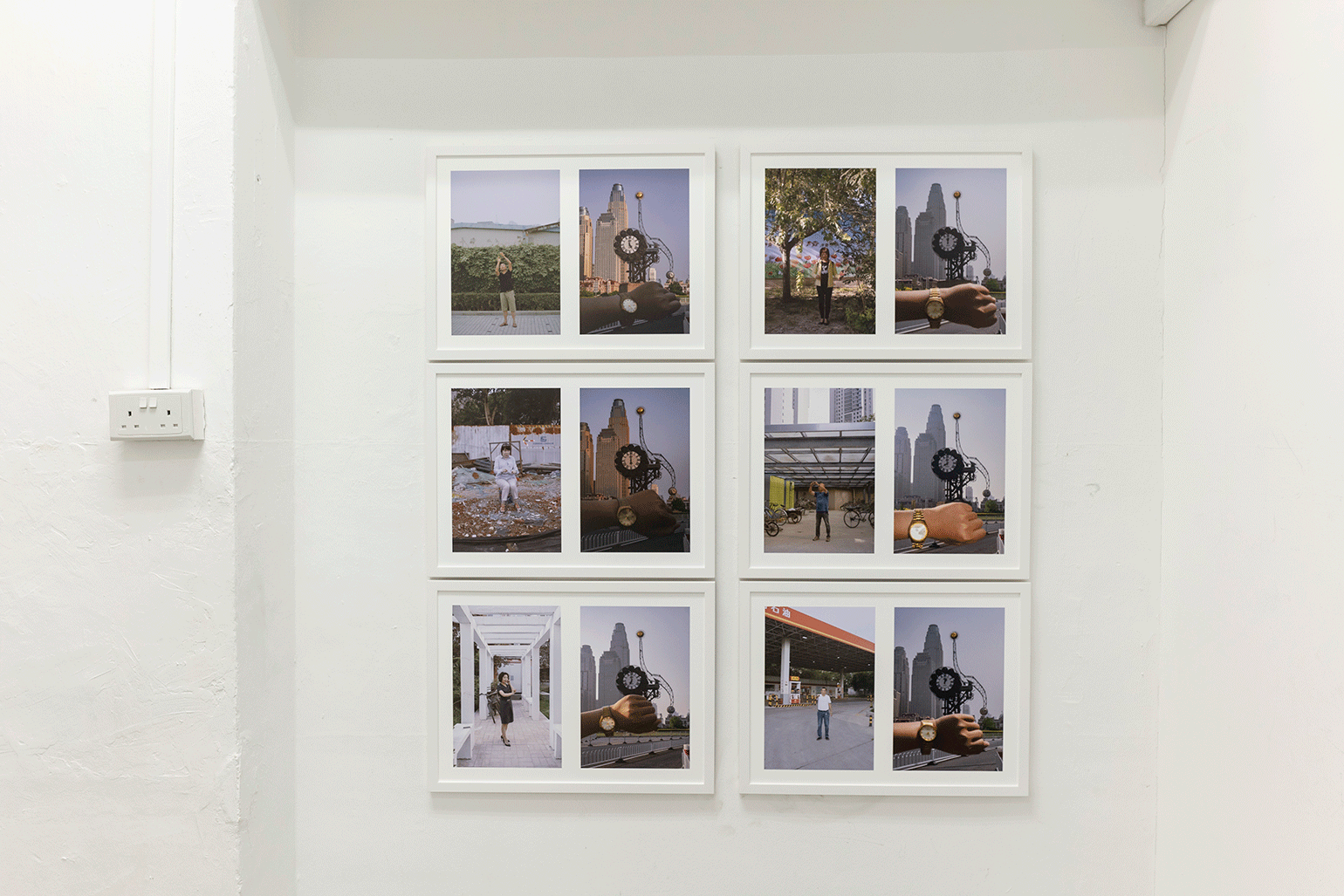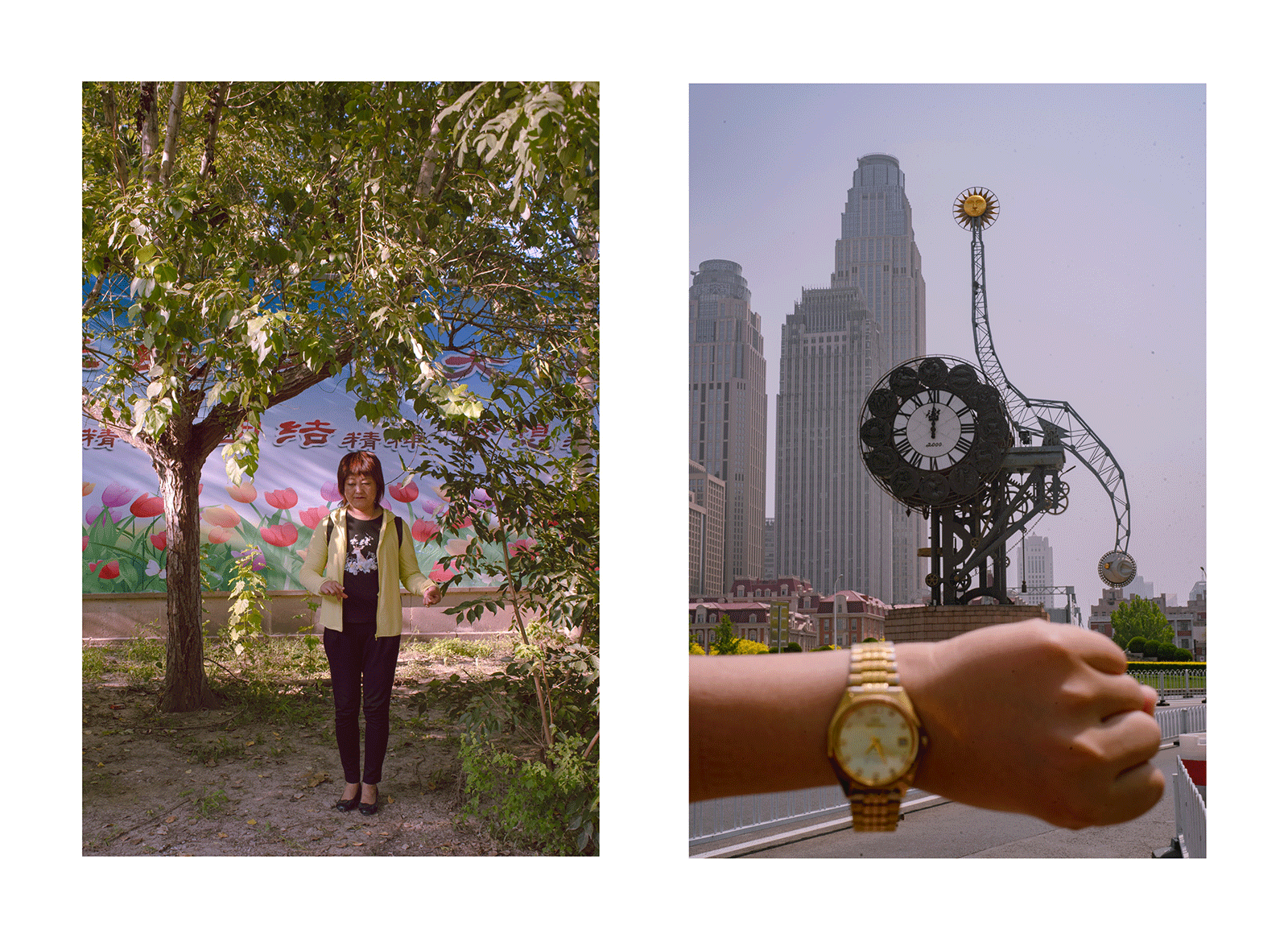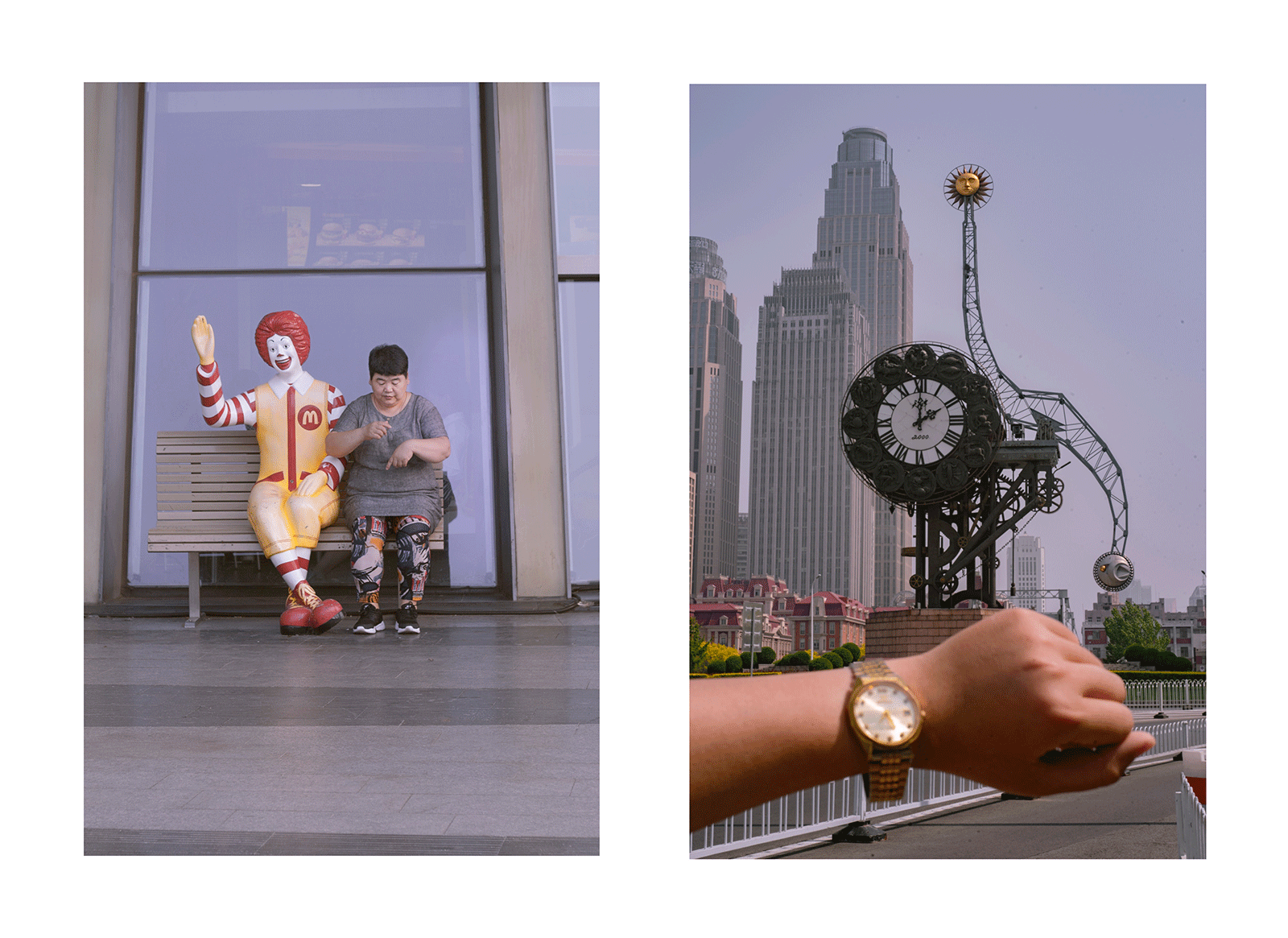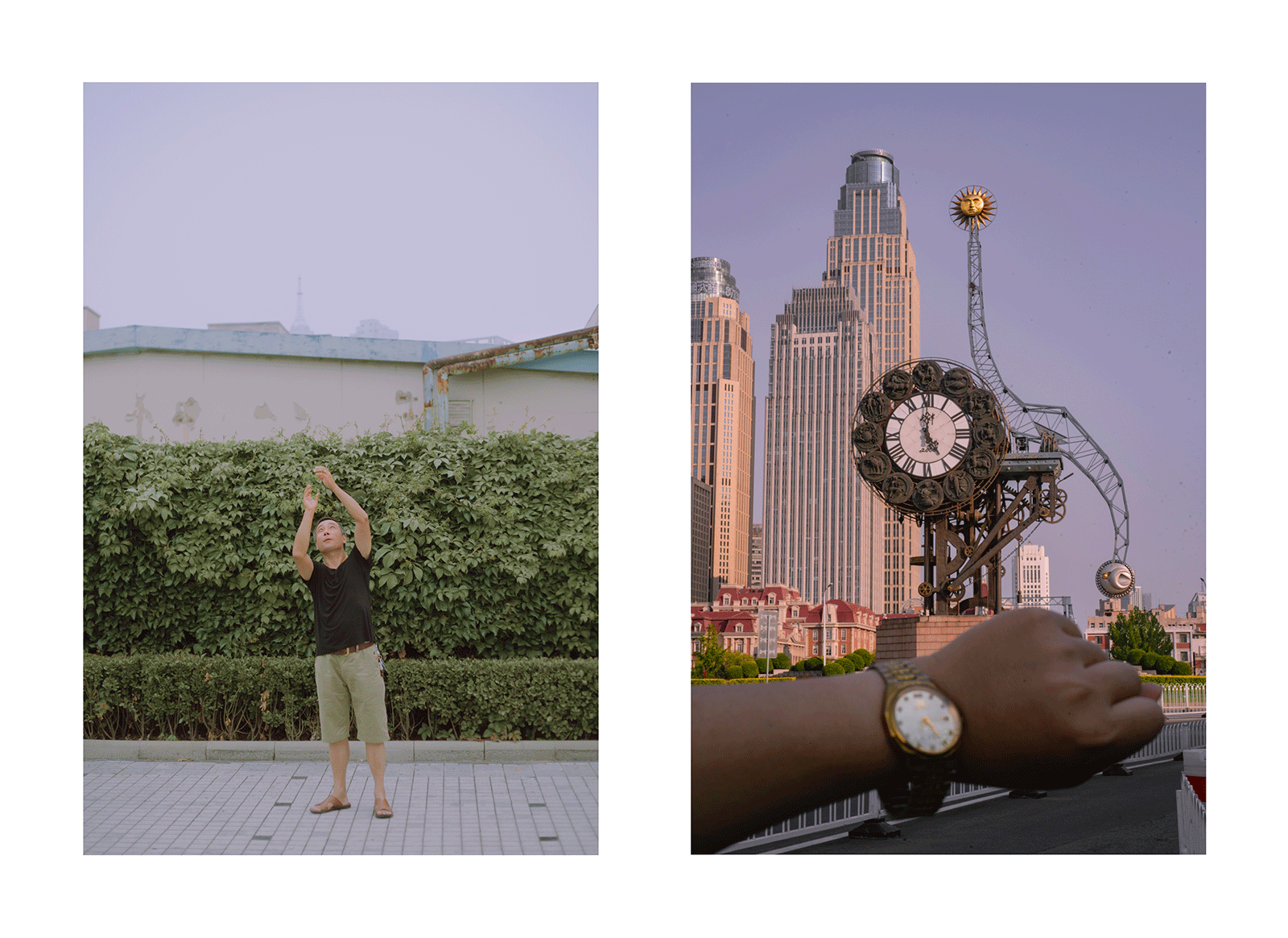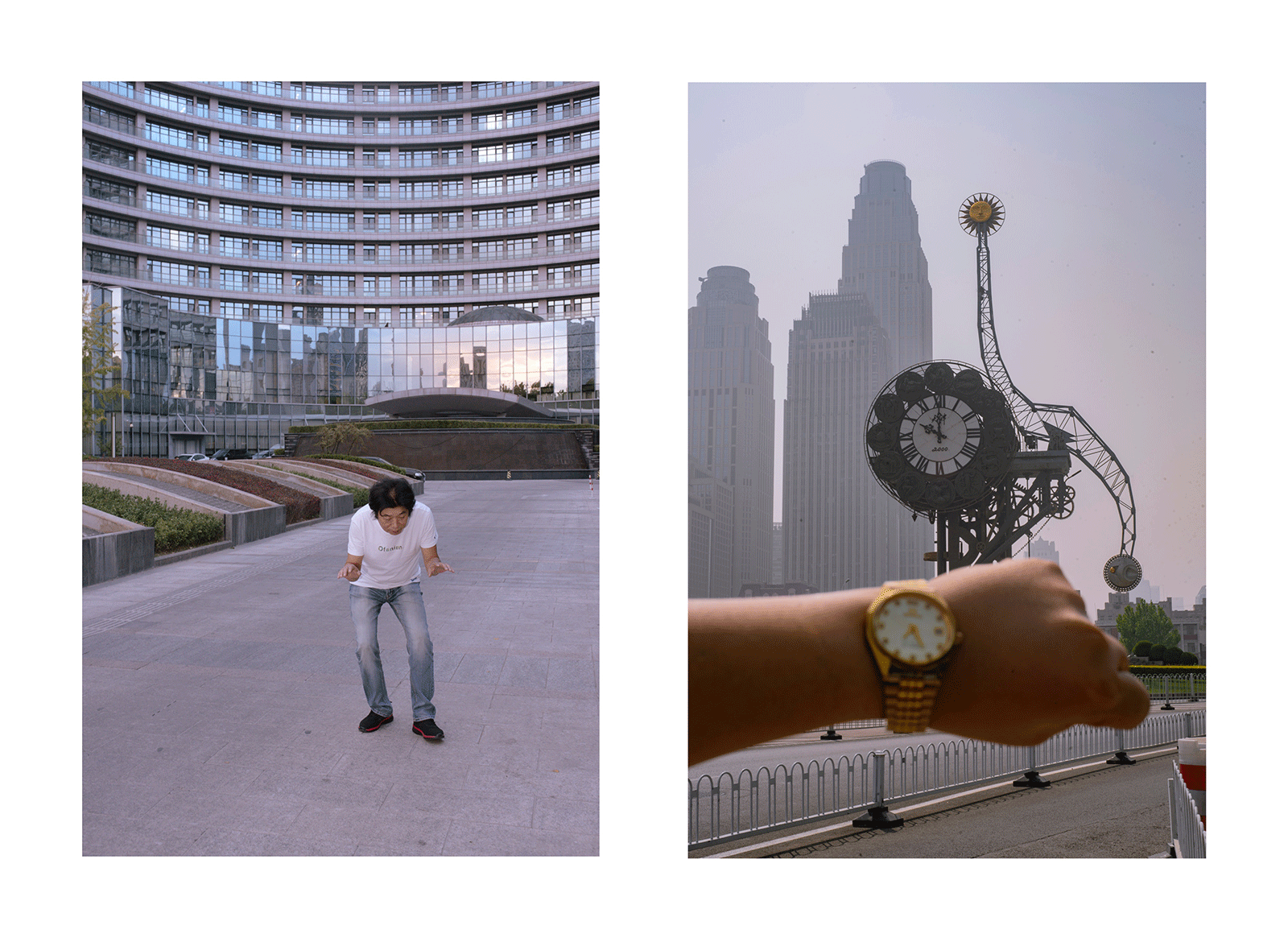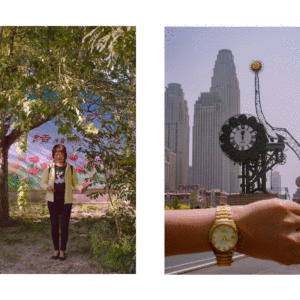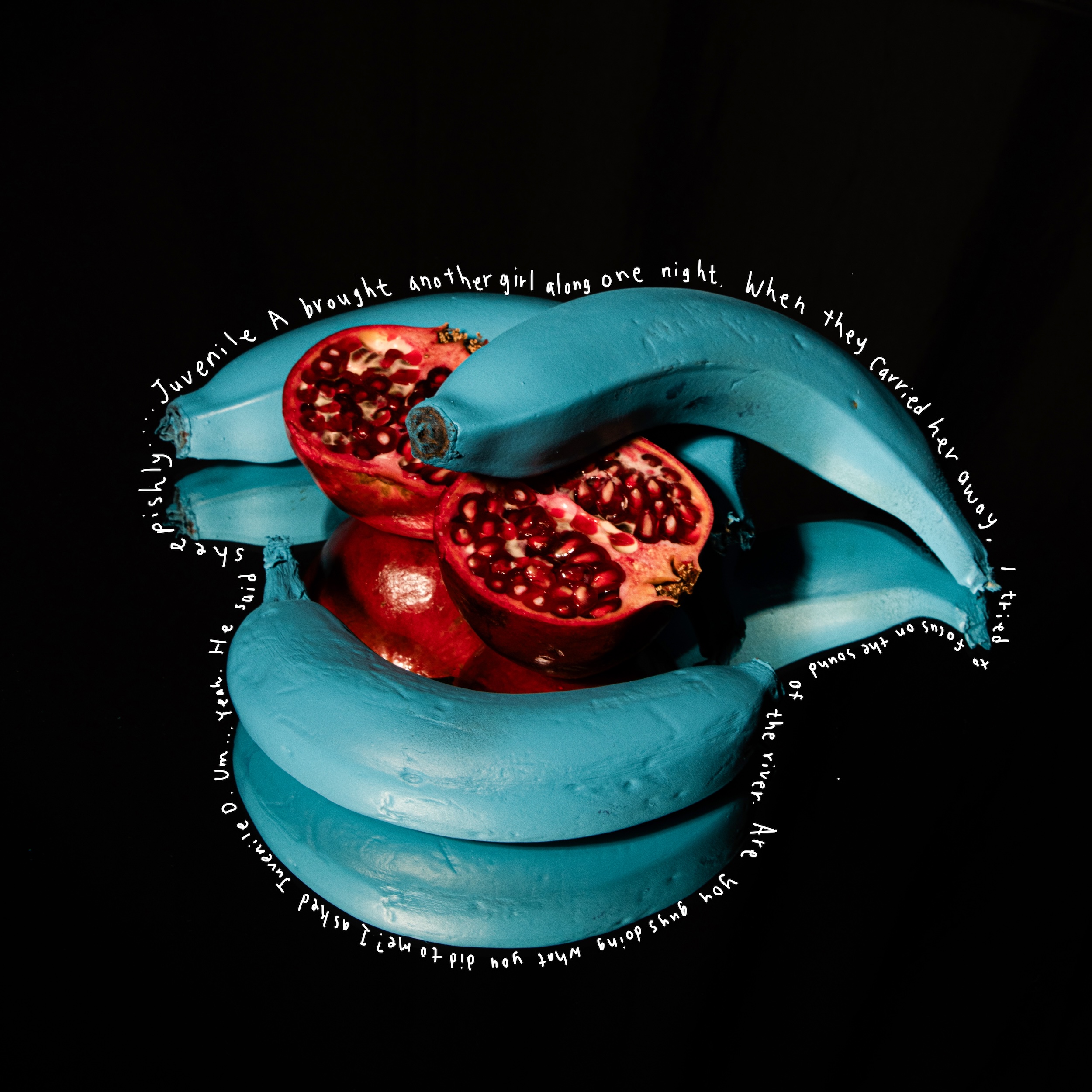The neoliberal process in China brought tremendous changes to society — including the massive layoff in the 1990s and early 2000s involving at least 70 million state-owned enterprise workers. They lost their “iron rice bowl” jobs, and the social, economic and political life that they were once tacitly promised. What’s more, two decades after the layoff, the society seems to have happily forgotten them, leaving them struggle on their own for decent social benefits without ever being able to figure out what happened.
Their collective aphasia has fallen down to a causal loop with the effacement of material grounds that memory depends on: As urban space keeps overwriting itself with new landscape, the laid-off workers are caught in modern society’s amnesia, trapped by their past like specters.
I invited laid-off workers in Tianjin, including my parents, to act out their old jobs at the site of their former factories, with the hope of keeping a tangible reminder of their collective memory and individual humanity. The portraits are juxtaposed with images of two clocks photographed through 12 hours: an old, broken Seagull watch produced by the Tianjin Watch Factory back in its heyday, brought by a Tianjin worker and kept preciously even after the watch stopped working; and the Tianjin Century Clock, the city’s landmark since millennium and a symbol of the city that keeps moving forward.



